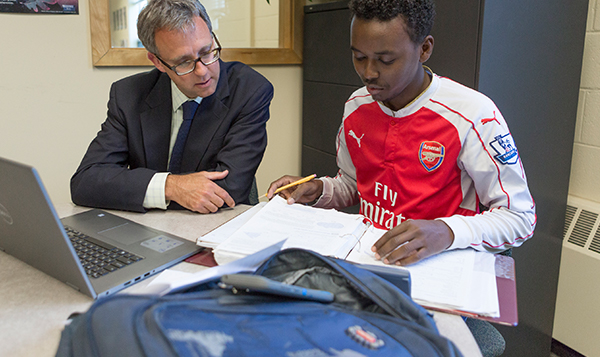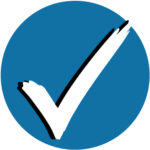FAME has created the following social media toolkit to help organizations promote financial wellness in their communities. Our templates are fully customizable, including suggested captions and graphics. The content is organized by topic and includes content suggestions, and hashtags such as #FinancialLiteracyMonth and #FAME.
In a pinch? @FAME_Maine is always sharing financial wellness content on Instagram and Facebook, and you can share our content on your platforms. FAME also has extensive financial wellness resources that you can share with individuals in your community.
Financial Wellness
- Graphics
- Financial wellness definitions
- Financial wellness basics
- What is financial wellness?
- What does financial wellness include?
- Money management tips
- 50/30/20 rule
Caption 1
April is #FinancialLiteracyMonth. Financial wellness is a state of being in which you can meet current and future financial obligations, feel secure with your finances, and make choices that let you enjoy life. We hope to help you on that journey. Please share with us in the comments what you are doing to improve your financial wellness.
Caption 2
We all know how beneficial a healthy diet, meditation, and movement can be for our physical and mental wellbeing – but what about staying fiscally fit? Think of budgeting, building a robust savings, and planning for the future as your financial fitness routine. Keep your eye on our page each week as we post tips and tricks for staying fiscally fit.
Caption 3
Creating a financial plan can help you achieve your goals. To get started, follow these four easy steps: ✅ Create an emergency fund with a minimum of $1,000 for unplanned expenses such as a major illness, property damage, job loss, etc. ✅ Make a list of priorities. Experts suggest starting with paying off debt, then building 3 to 6 months of expenses in an emergency fund, and finally, beginning longer-term saving and investing. ✅ Create a budget to help stay on track and meet your goals. ✅ Open both a checking and a savings account or multiple savings account. Banking your money is the safest option.
Budgeting
- Graphics
Caption 1
Long term savings goals are made for money you don’t plan on touching for 10+ years. Retirement, college, and/or building wealth can be thought of as contributions + interest +time = $$$. These include retirement accounts (401k/403b, IRA, Roth IRA), 529 college savings accounts, CDs, and high-yield savings accounts.
Caption 2
Establishing a regular habit of saving can help you reach your goals faster. Start by setting a savings goal of $1,000 for your initial emergency fund and go from there. Consider automating your savings and watch it grow. Remember, every dollar saved adds up with time and interest.
Caption 3
Looking to build your savings but not sure where to start? Follow these four simple steps and watch it grow! (see carousel of slides on savings steps for images).
Caption 4
Shopping store brand vs. name brand grocery items can help you save big money on your grocery bill. Why? Food companies make these products and sell them to stores at a lower cost. The store doesn’t have to spend money on development or marketing costs. They focus on marketing the store itself rather than the individual items. Those savings are then passed onto the customer.
Caption 5
1) Tax season is a great time to review your finances and future goals. 2) The 529 plan is a tax-advantaged investment plan designed to help families save for future higher education expenses. Now that’s something worth investing in!
Caption 6
Did you know that the #1 thing you can do to build a robust retirement fund is to start early? Thanks to compound interest you could accumulate $1 million by age 67 by saving just $25/ month – IF you start at age 22. However, it’s never too late to start, and today is a good day to open an IRA or ask your employer about a 401k option.
Credit/Debt Management/Insurance
Caption 1
Credit is the ability of a customer to obtain goods or services before payment, based on the trust that payment will be made in the future. A credit score is a number between 300–850 and demonstrates a consumer’s creditworthiness. The higher the score, the better a borrower looks to potential lenders. Head to annualcreditreport.com for a free credit report.
Caption 2
The interest you pay on a loan may be higher than any interest you’ll earn in a long-term savings account, so before you start putting extra money into savings, be sure to evaluate your interest rates and focus repaying any high interest debt. (carousel of images).
Caption 3
The only guarantee in life is death and taxes. For everything else, there’s insurance. Insurance helps people mitigate catastrophic financial liability—and provide peace of mind. Types of insurance include car, health, disability, life, home/renters, and long-term care.



